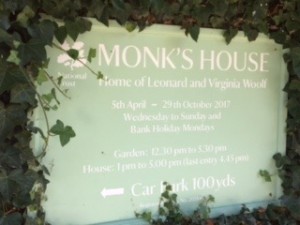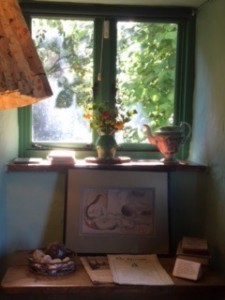
COLLEEN’S Thank you speech at the launch of Fire on Water
Beverley, thank-you for launching this new and beautiful book and for your affirming words. I appreciate your belief in writing and in poetry and for affirming me.
You are amazing with your generosity . I wonder at you. No one would believe the dedication
you have to writers and writing.
I appreciate you all being here for the launch
So many happy warm smiling faces.
As you can imagine I am thrilled this new book has come to fruition.
I love the book. It has a good feel and I am very proud of it.
I like to think , as Mary Oliver says it allows each poem to sit on its page and breathe
And I like its spaciousness .
I thank the publisher Ginninderra Press for this effort.
Especially Stephen Matthews for his friendly and helpful encouragement .
Most of you are aware writing is a lonely trek, a long haul, a footslog, an odyssey. Sometimes lost in the bush, sometimes all at sea, sometimes desert-dry, sometimes energising but mostly a solitary and gruelling task and as a writing community we appreciate that, and it is good to be here together to celebrate writing.
Getting published is an interesting process and a wonderful journey. Many of you have been a part of that and I appreciate you all.
Especially thanks to Michael for his encouragement, patience and support . And my daughters and their families for their support today.


And my fellow writers and fellow poets .
To Sue and the women writers group and especially Decima I deeply appreciate your friendship, affirmation and critiquing. We are a good team.
To Norm and the Wednesday evening poets for your critique thanks . my time with you is invaluable
and to Ron and the U3A poetry appreciation group at Eastwood thanks for being here .
Finally to Helen and Nigel Parry for being here and for the beautiful cello music which has added a touch of the transcendence to the day.
In Romeo and Juliet some of you might remember Romeo’s amazed outcry
“It is the East and Juliet is the sun”
I see the creative world as the east, and the hope, the beauty the beloved as the sun
for us as Australians, you and I have the intimate feeling for the way every morning firey light rises and blazes against the dark and conquers the ocean,
it is the fire that rises from water.
Fire on Water is a miracle in itself but for me in my title poem, the second miracle is that we are alive here and now.
and so the poem fire on water pg 20
A poetic mind, writer and/or reader
is lively and inquiring, compassionate, curious, angry, full of music,
full of feeling.
and this poem that won first place in a 2016 competition in Positive Word
I feel is a touchstone for this
wood pigeon p115
and the anger like blood that spills from the pen pg 50
out of sight out of mind pg 80
and finally to me poetry is also about taking wings and I hope it plants a seed for your everyday to take wings
taking wings pg 107
And now I give the mic to Michael to read Waiting pg 18. and then to Jo to read her selection of poems. Thank you all once again for being here
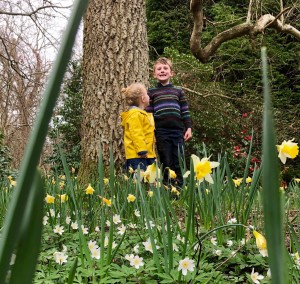
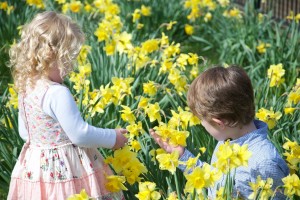


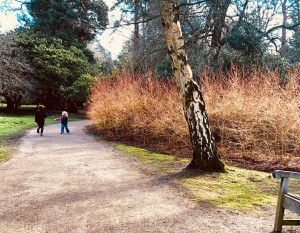




















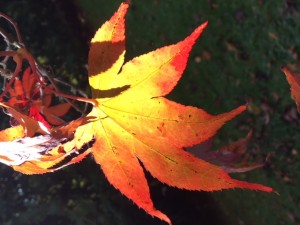















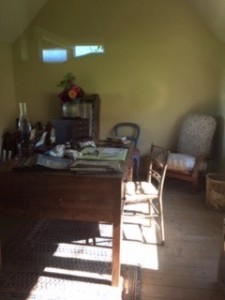
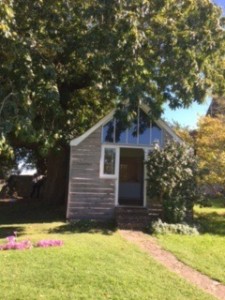 ”
”